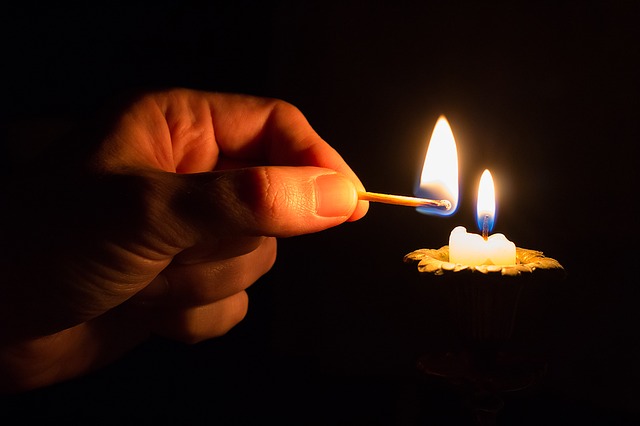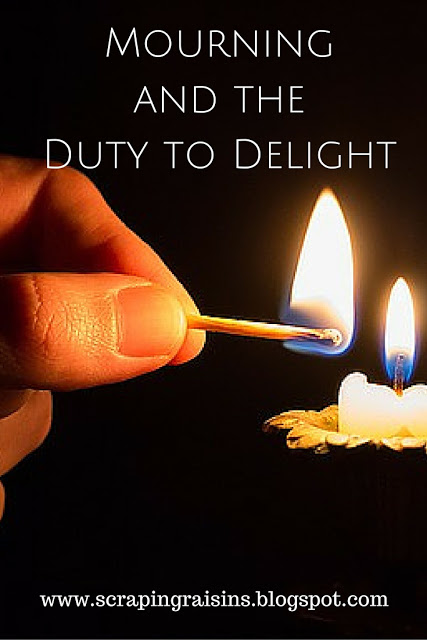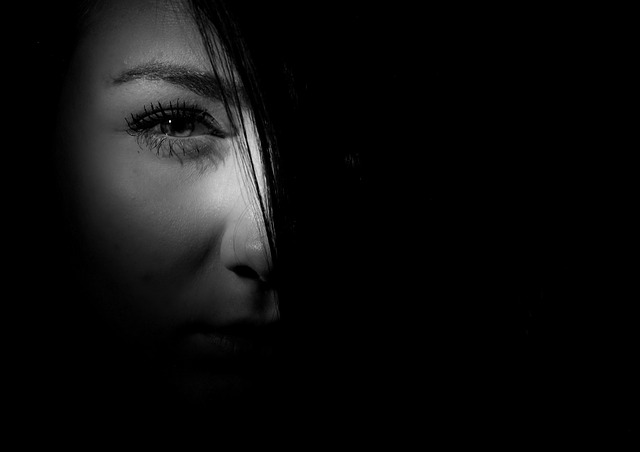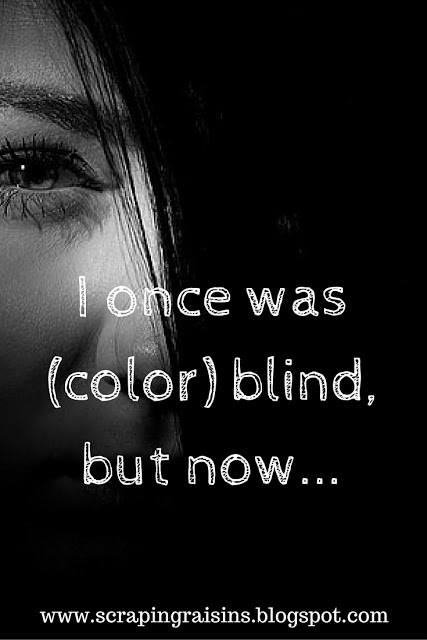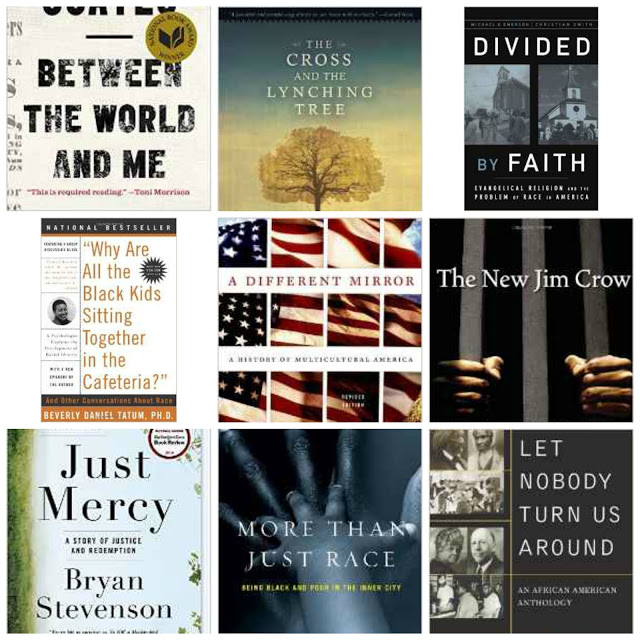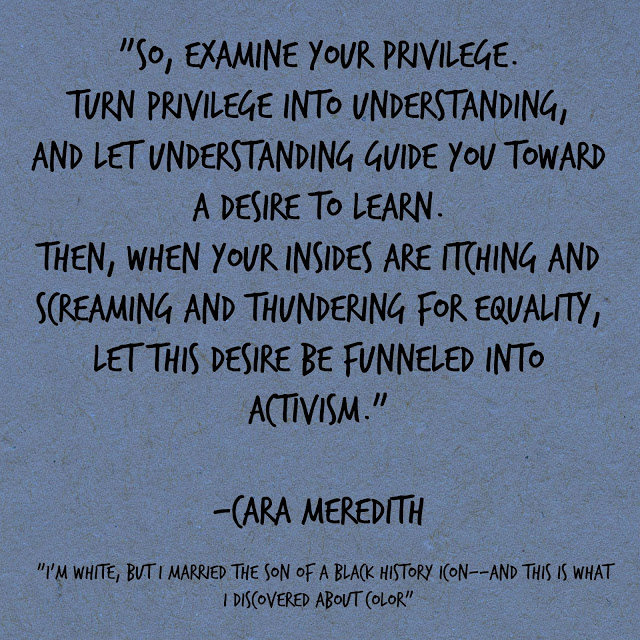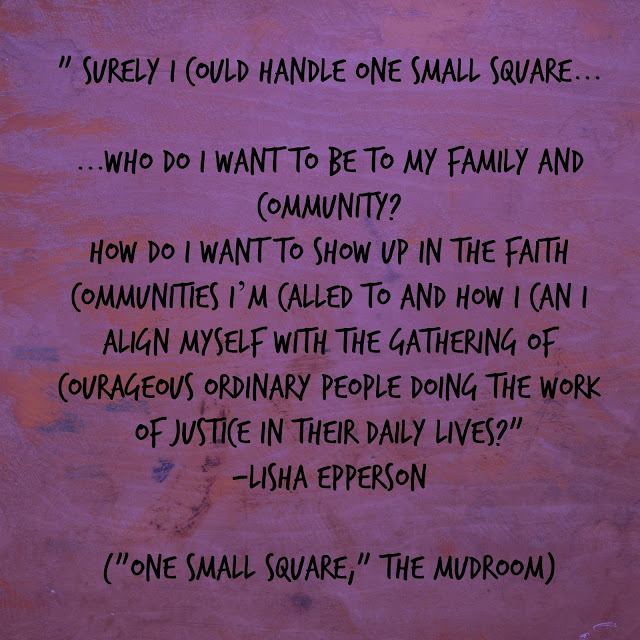I just took a personality test and discovered that I am “The Achiever.”
This wasn’t a huge surprise.
I’m the type who decides and actually follows through with goals. I wanted to be a runner, so I started running daily. I was determined to learn to cook, so I made a weekly menu and forced my roommates to join me for our home-cooked meal every day for a year. When I decided to start blogging last year, I jumped in the day before a challenge to write EVERY DAY for 31 days—and I did it. And when I moved to China and saw that a friend of mine who had been there for a month was already advancing in his language skills, I found a tutor to come over EVERY DAY to help me. And after five years, I learned to speak, read and write Chinese.
Hello. I am Leslie Verner and I am an Achiever.
But now this achiever is also a mom. I have two children with one on the way, and now any figurative race I run is a bit like competing with your legs tied together. AND you’re blind-folded. AND you have to run backwards.
So today, my major “achievements” of the day amounted to getting my children dressed, fed a semi-nutritious meal, teeth brushed, curly boy hair tamed with water and wispy girl hair combed into a tiny pony tail. I’m even proud to admit that not only are my own teeth brushed, but I even washed my hair for the first time in a week and managed to go for a walk.
At the beginning of the summer, I had aspirations of daily Bible time with my kids, running until I was 36 weeks pregnant like I did with my daughter (I made it to 20 weeks this time), visiting a diverse park in my city once a week to strike up friendships with international student families and actually planning activities using Pinterest as a springboard (ha).
What I didn’t take into account was that pregnancy would suck the wind from my self-motivated, driven, over-achieving sails. I sit here now, sails flapping in the wind, with my kids stuck (screaming) in my boat in the middle of a sea that I can’t navigate us out of. And I just can’t find the energy to hoist up these sails, make a decision about where to go or even admire the scenery.
But God is beginning to show me that this hugely pregnant body of mine that feels more like a handicap than a blessing is, in fact, swaddled tightly in grace.
Pregnancy is the strong arm that forces the achievers like me to just stop.
Stop doing, achieving, scheming, strategizing and striving and just BE. Be a mommy. Be a wife. Be a beloved daughter of God. Be served, loved and spoiled. Be simple. Cut corners. Accept foot rubs. Do less. Sit on benches. Walk slowly. Order take-out. Indulge in pedicures. Let people carry things. Take elevators. Receive.
Embrace this season of slowness that feels like weakness. There is strength to be found there.
A year ago I was training for a half marathon, running about 10 miles in a go. I explored the city, ran trails hugging the Rocky Mountains, crossed streams and laughed at prairie dogs that warned one another of my arrival just in time to dive back into their holes, their whistles trailing behind them. Today, it took me 40 minutes to walk less than two miles, with a brief stop at a bench at the halfway point. At 36 weeks pregnant, I can’t go fast or far from home. My feet pound the same steps of the same path and I’m passed by the same retired go-getters who comment that “I’m walking for two” or “Must be any day now, eh?”
But in the slowness and the sameness, I strain to hear that still, small voice that speaks to me as I pass one strong tree after another, standing stately by the stream my path parallels. The Voice whispers, “She shall be like a tree firmly planted by streams of water that brings forth its fruit in its season. And its leaf does not wither; and in whatever she does, she prospers.” And the words, strangely familiar, are the first of many such songs of hope for the weary that I happen to come across in Psalm 1 in the few minutes of quiet I snatch in the mornings.
Firmly planted. Watered. Bearing fruit.
Prospering.
Without even moving?
Like the story that Jesus shares with His disciples about birds not panicking over lack of food or flowers not being frantic about finding clothing, I can sink into the soil here for a little while. A constantly transplanted seed cannot thrive as well as one that stays firmly planted. And so God seems to be urging me to remain as I am. Accept this gift. Dig deep, be watered and revel in the slow work of God.
“Cease striving and know that I am God. I will be exalted in the nations, I will be exalted in all the earth,” another psalm singer belts out.
My pregnant body is teaching me the beauty of diminishing, distilling my faith into a silent pool to soak in instead of a body of water to forge.
But this changed body is also teaching me about love.
It is only twisted God humor that chose women, who innately struggle more with body image than men, to be the ones to gain weight, be stretched, left with permanent scars and marks like the rotten milk ruts left under the lazy susan of my parent’s kitchen table, charted with purple veins mapping courses to unknown lands, left with too much saggy skin some places and not enough padding in others and a belly button that resembles a Muppet nose when all is said and done. Good one, God.
Or perhaps rather than a malicious meting out of a curse on our bodies, it is God’s upside-down way He likes to hand out unexpected blessings. A severe mercy.
Sometimes I like to stand naked in front of the mirror, marveling at this ludicrous body that doesn’t feel like mine. I tenderly touch the too-tight skin stretched over a tiny human body and soul growing within mine. I’m in awe of this mystery. But I also fear that my husband will laugh at making love to a body that is so deformed and abnormal—so different from the woman that he married. And yet all he ever says is exactly what I need to hear:
“You are beautiful.”
“You are the perfect size.”
“Your body is incredible.”
And in those moments I know that I am truly loved. Not for how fast I am, what a good cook I am, what I can achieve in school, how many languages I am fluent in, how creative of a mom I am, or how unblemished and perfect my feminine body is.
I am loved because I am loved.
Not even loved in spite of being pregnant, but loved even because I am pregnant. I’m loved just because I’m loved. And I will be loved even after this baby leaves its forever tattoos behind.
Pregnancy is a gift. God gives some women the inconvenient, uncomfortable, sometimes embarrassing experience of pregnancy to teach us that we can no longer define ourselves by our achievements or by our appearance. He wants us to be weak so that we will accept help from others. He wants us to slow down so that we will notice more. He wants us to be needy so that we will look around for healing and find that He is already feeding, clothing and nurturing us in ways unique to us. He wants us to cease striving and know that He is God—and that we are not. And He wants us to change form so that we will know that we were never loved for our bodies to begin with.
And so in these final weeks of pregnancy, though I feel frustrated at being grounded when my over-achieving self wants to be out doing, I will think about those strong trees firmly planted by streams of water, calmly stretching their roots down to the stream. They do not fear heat or cold, rain or storm, because they are nourished by the Source of everything good. Just because they are not moving doesn’t mean there isn’t growth happening. And they know that not only will be they be taken care of, but that they are lavishly loved, adored even. Just like me.
Linking up with Velvet Ashes {Nest}

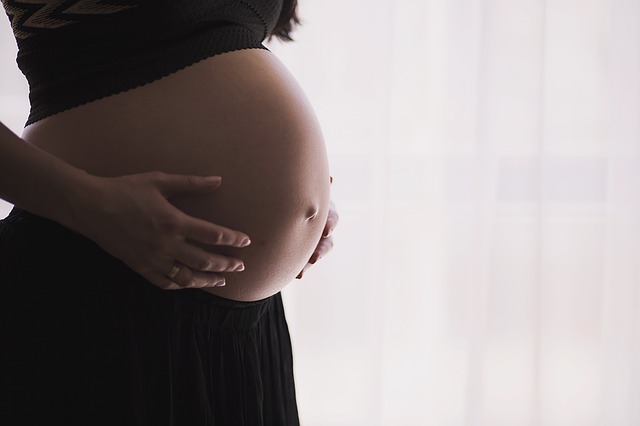




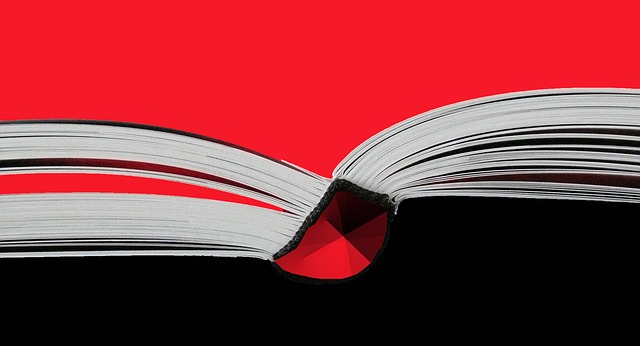


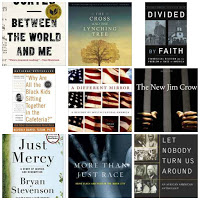
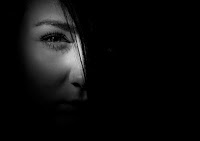
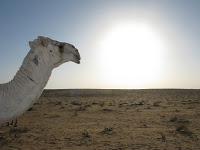
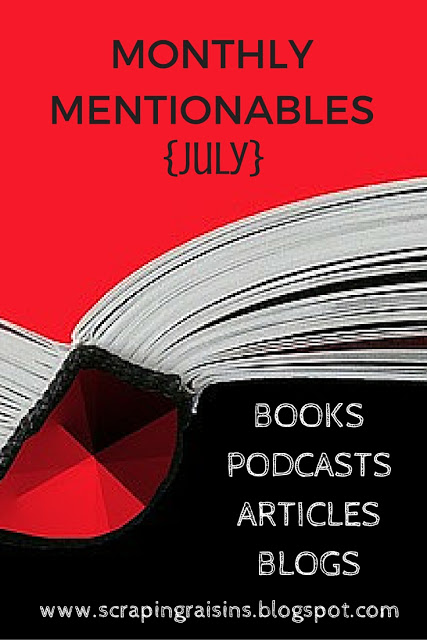


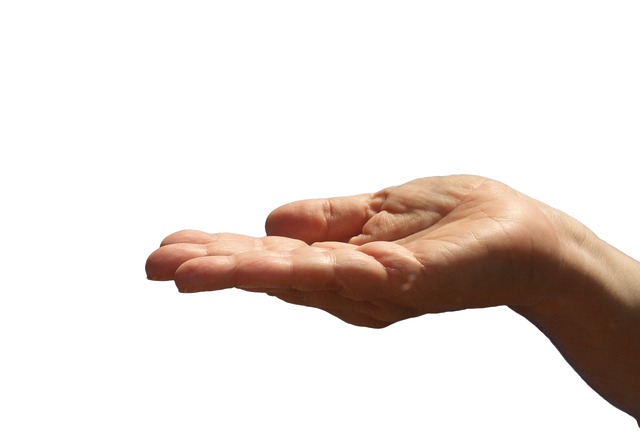
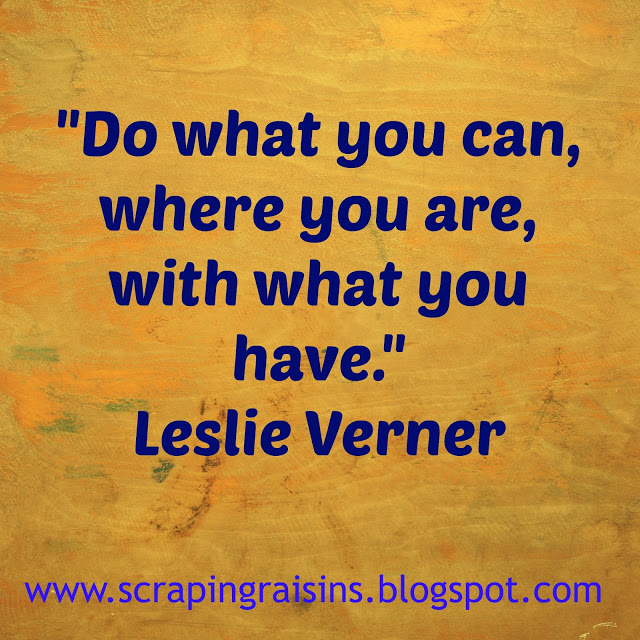

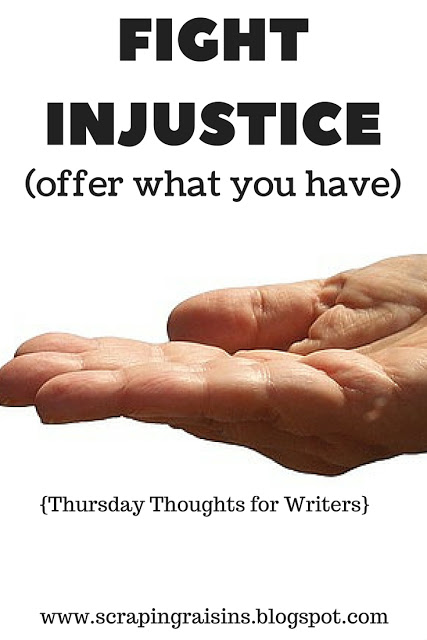

 is written from the perspective of one white woman from a slave-owning family in South Carolina and the African American attendant she was “given” as a girl. The chapters alternate between these points of view and walk us through their li
is written from the perspective of one white woman from a slave-owning family in South Carolina and the African American attendant she was “given” as a girl. The chapters alternate between these points of view and walk us through their li